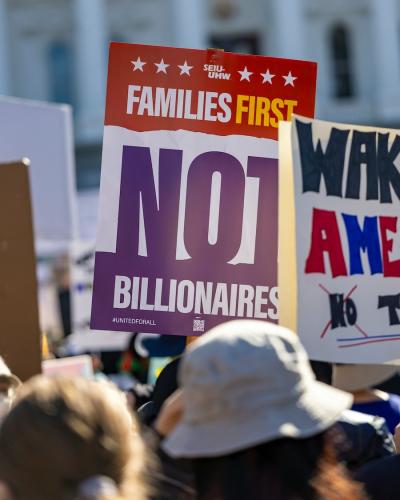Hearing arguments on whether religious parents should be permitted to opt out their children from public school story time that includes LGBTQ themes, U.S. Supreme Court justices appeared to favor the idea that parents can remove their children from these lessons.
Landon Schnabel, a professor at Cornell University, researches how "religious freedom" can be utilized as a proxy for personal preferences.
Schnabel says: “This situation prompts reflection on the boundaries of religious liberty in a pluralistic society. If parents can opt out of curricula that acknowledge certain family structures based on religious beliefs, could others request exemptions from lessons mentioning traditional families?
“Could parents remove their children from class because of a book portraying a heterosexual family in which the father works outside the home and the mother stays home? Public education aims to reflect and prepare students for the world they live in, not to endorse specific worldviews or keep students from learning about people whose lives are different from their own.
“Research, including my own, indicates that appeals to ‘religious freedom’ can sometimes serve as proxies for personal preferences, applied selectively to uphold one’s own group’s interests while resisting broader applications.
“The court’s decision will contribute to the ongoing discourse on how to balance individual freedoms with the collective responsibilities of public institutions in a society made up of people with different beliefs, backgrounds, and ways of life, all seeking life, liberty, and the pursuit of happiness.”
For interviews contact Damien Sharp, 540.222.8208, drs395@cornell.edu.





